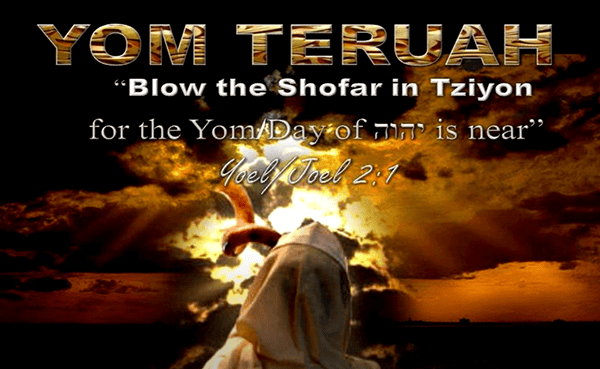by Dr. David Jones, BYNA Elder
In order for the world to see what they need to see, we need to be who YHWH called us to be.
Have you ever wondered about the deeper meaning behind 2 Corinthians 5:7, where we read “For we walk by faith, not by sight”? This profound teaching doesn’t suggest we should ignore what we see around us. Instead, it invites us to explore how we interpret and respond to our physical experiences through spiritual understanding.
As followers of Yeshua, we’re called to navigate life with an extraordinary perspective. The real question isn’t about dismissing our physical reality but rather about transforming how we perceive and interact with it. More importantly, we should ask ourselves: “Are we living in such a way that others can recognize Yahweh’s presence in our lives?”
This connects beautifully with the transformative truth expressed in Galatians 2:20: “It is no longer I who live, but Mashiach lives in me. And the life I now live in the body, I live by trusting in Ben-Elohim—who loved me and gave Himself up for me.” This scripture reveals the profound reality of our new identity in Mashiach.
In our lives, we often encounter many voices speaking about Elohim and His Word. However, what the world truly needs isn’t more discussion—it’s the practical application of these eternal truths in everyday situations. This means keeping our hearts consistently open to Yahweh’s guidance and learning to walk in harmony with His Ruach (Spirit).
The prophetic words in Ezekiel 11:17-20 illuminate this transformation beautifully. Here, Yahweh promises: “I will gather you from the peoples and collect you out of the countries where you have been scattered, and I will give you the land of Israel. When they come there, they will remove all of its detestable things and all of its abominations. Then I will give them one heart. I will put a new Spirit within them. I will remove the heart of stone from their flesh and give them a heart of flesh, so that they may follow My laws, keep My ordinances and practice them. They will be My people and I will be their Elohim.”
This prophecy reveals the essential connection between inner transformation and outer expression. When Yahweh changes our hearts, it naturally leads to changed behavior. We should understand that this transformation enables us to properly observe and apply His Torah in our daily lives.
Consider how this impacts our witness to others. While we’re not governed solely by what we see, our spiritual vision should produce tangible expressions of faith. When Mashiach truly dwells within us, His presence naturally radiates outward, touching others with Yahweh’s compassionate heart. This living testimony often speaks louder than any words we might share.
Yeshua demonstrated this principle when He instructed His disciples in Matthew 10:6-8: “But go instead to the lost sheep of the house of Israel. As you go, proclaim, ‘The kingdom of heaven has come near!’ Heal the sick, raise the dead, cleanse those with tza’arat, drive out demons. Freely you received, freely give.” This teaching emphasizes that our faith should produce visible results that benefit others.
Our responsibility extends beyond religious observance to embodying Yahweh’s presence in ways that inspire others to glorify Him. While actions indeed speak louder than words, there are times when both are necessary to fulfill our calling as witnesses to His truth.
We’re called to be living examples of Yahweh’s transformative power. This means allowing His Ruach to guide our actions, decisions, and interactions with others. When people encounter us, they should experience something of Yahweh’s character—His love, wisdom, justice, and mercy.
Remember, our walk of faith isn’t about ignoring physical reality but about seeing it through the lens of divine truth. When we live this way, our lives become powerful testimonies to Yahweh’s presence and power, drawing others to seek Him for themselves. This is how we fulfill our calling as lights in the world, reflecting the glory of our Heavenly Father and the transformative power of Mashiach within us.








